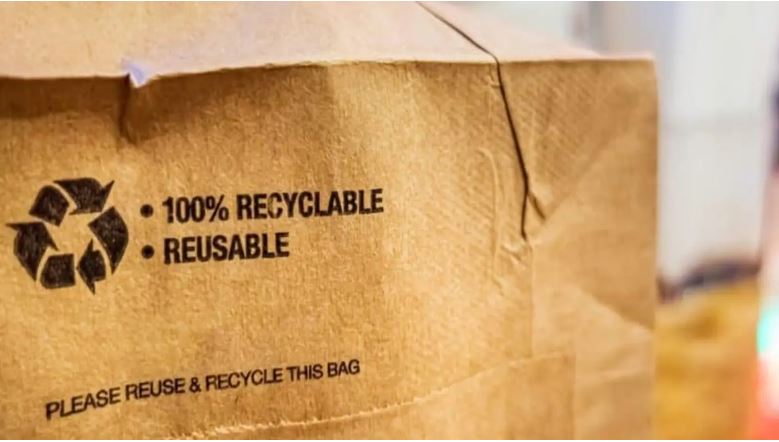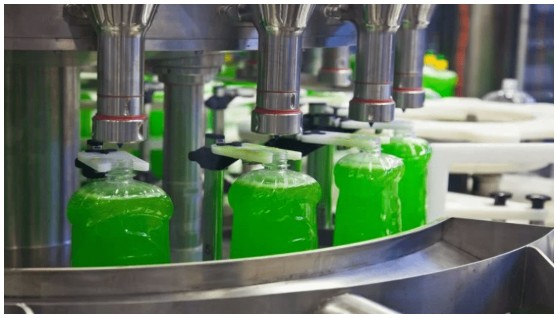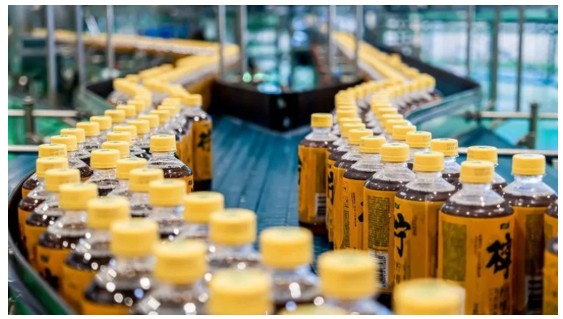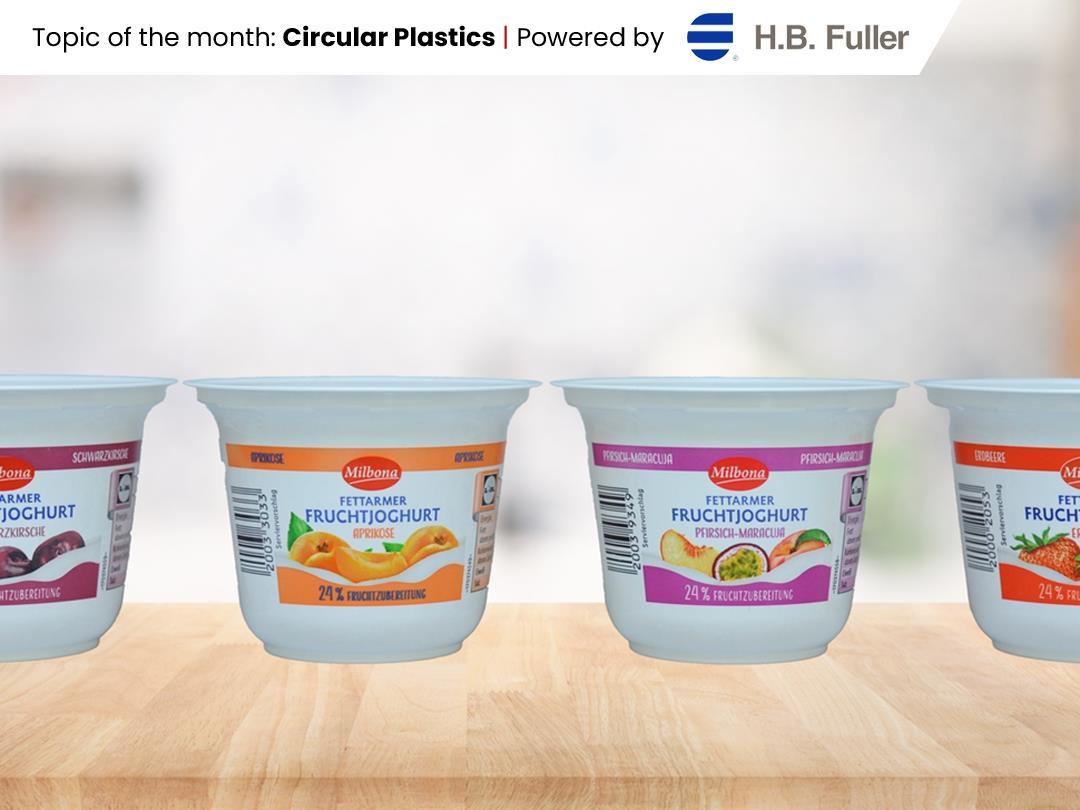EGYPT – Egyptian Minister of Environment, Dr. Yasmine Fouad, confirmed that the state has signed a contract with the U.S. to establish the first factory to produce environment-friendly bags from eggshells, instead of plastic.
The Minister said that the state seeks to provide biodegradable bags, as the plastic bag that is currently used does not decompose until after 400 years.
The ministry also supports about 3,500 other factories that produce single-use bags, in order to follow the environmental specifications to properly produce biodegradable bags, she added.
She explained that four important measures have been taken to put a price on the plastic bag, ranging between a pound or a half pound, besides circulating warnings to prevent the use of plastic bags.
The Minister of Environment confirmed that the law warned against the use of single-use bags, and Article 27 of the law included a warning against the use of plastic bags.
She went on to say that there are 3,500 factories trying to reconcile their conditions to benefit from incentives for clean production, and the incentives also include new investments to establish factories to produce reusable plastic bags that decompose.
The Minister explained that Law No. 202 of 2020 regulating waste management established a package of controls on the use of plastic bags.
The Minister of Trade and Industry issues a system for financial incentives and economic, tax and customs exemptions to encourage the import, production and manufacture of safe and environmentally friendly alternatives to single-use plastic bags.
According to the law, the manufacture, import or export of single-use plastic bags should be in accordance with the controls, requirements and technical specifications.
Unlike other African countries (Rwanda in 2008, Gabon in 2010, Cameroon in 2012, Burkina Faso in 2014 and other counties), Egypt has not yet officially banned the manufacture, import, marketing and distribution of plastic packaging.
The move will help reduce plastic waste produced in the North African country. According to the World Wildlife Fund (WWF), Egypt produces an average of 970,000 tonnes of plastic per year.
in addition, this project comes as Egypt looks to burnish its sustainability credentials ahead of this year’s COP27 climate summit in Sharm El Sheikh.
Projects are slated in a myriad of environmentally friendly sectors, including green hydrogen, seawater desalination, and clean transport.
Source:







